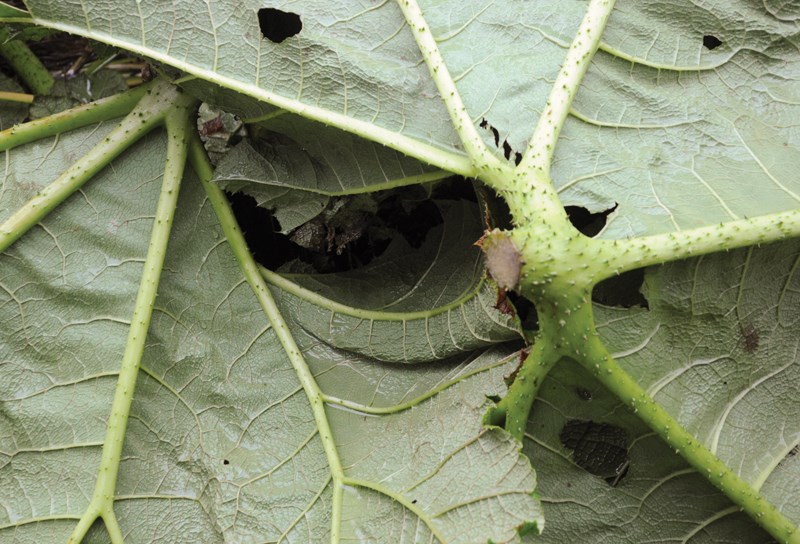How did your winter garden crops do this year?
Our colder than usual temperatures and snow (so much!) probably have impacted your garden more than usual.
If you have a deep layer of mulch over winter root crops they will likely be OK. If you’re close to the ocean you’ve already thawed out, but anyone at higher elevations may still have frozen ground. If your garden has thawed, pull up some carrots and examine for frost damage. If the shoulders are damaged harvest them all, cut off the damage and store in your refrigerator. If there isn’t any damage, you can keep them stored in the ground.
As the temperatures slowly climb, your sad-looking kale and brassicas will begin to perk up again as they are able to take up water again. It’s vital that you wait until they are totally thawed before you pick, otherwise they will turn into a pile of mush – not appetizing.
Some more tender greens like swiss chard and parsley will have dead leaves, but their roots are likely still alive if you mulched well enough. Give them a few weeks of warmer weather and you will soon see new leaves appearing. I’m very curious to see what impact our winter weather will have on pests and diseases in the garden for the 2017 season.
The long wet and warm fall we had was leading to fungal issues in greenhouses and cold frames, which can be challenging to get rid of without moving the structure to increase direct sunlight and airflow.
However our very cold December and January may have knocked down some overwintering pest larvae in the garden.
UBC professor of insect ecology Alan Carroll says the cold winter will have better synchronized insect life cycles with the arrival of migratory birds; and with the arrival of migratory birds, this could be a benefit for gardeners as birds will hopefully knock down insect pest pressures in the early spring.
As always, make sure that you plant some flowers and herbs in your garden to create habitat for beneficial insects. The stronger the ecosystem in your garden the easier it will be to manage pest issues.
It’s always exciting to start getting your seeds planted this time of year. A word of caution, though: don’t get too carried away too early.
Our average last frost date in this area is the end of March. Typically, the most tender and long season crops, like tomatoes, are started indoors six weeks before the last frost date; that’s not until around Feb. 20 this year. Start your seedlings too soon and you’ll be left with root-bound seedlings that will be hard to manage inside as they grow too big before they can withstand outdoor temperatures, and then they will take longer to acclimatize to outdoor life than a younger and more resilient seedling.
Happy gardening!
• • •
It’s Seedy Saturday season. Seedy Saturday is an event that many communities across the country hold every February or March to bring people together to learn about saving seeds, swapping seeds (saved or bought), and to have fun learning about new varieties that can be grown in our backyards.
The North Shore Neighbourhood House’s Edible Garden Project is hosting a Garden Season Kick Off event on March 18, 10 a.m.-3 p.m. at the City of North Vancouver library.
This event aims to inspire and motivate attendees to get their vegetable gardens off to an amazing start this year with a lineup of amazing workshops, access to the North Shore seed library, open spaces for knowledge sharing, hands-on demonstrations, and a seed swap.
Speakers include Cease Wyss, leading a workshop on Indigenous Seed Gathering and Saving, and Dan Jason of Salt Spring Seeds sharing his wealth of knowledge and experience. It’s going to be a fantastic event, and so much more than just a seed swap this year. For more information visit: ediblegardenproject.com.
Emily Jubenvill grew up on the North Shore and is passionate about growing fresh organic food. She’s starting an organic farm, and working for the North Shore Neighbourhood House’s Edible Garden Project. You can reach her at [email protected] or ediblegardenproject.com.



